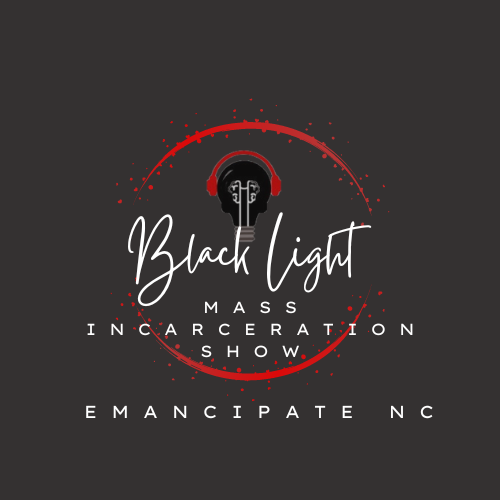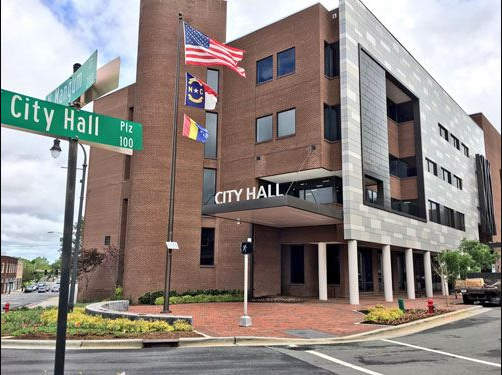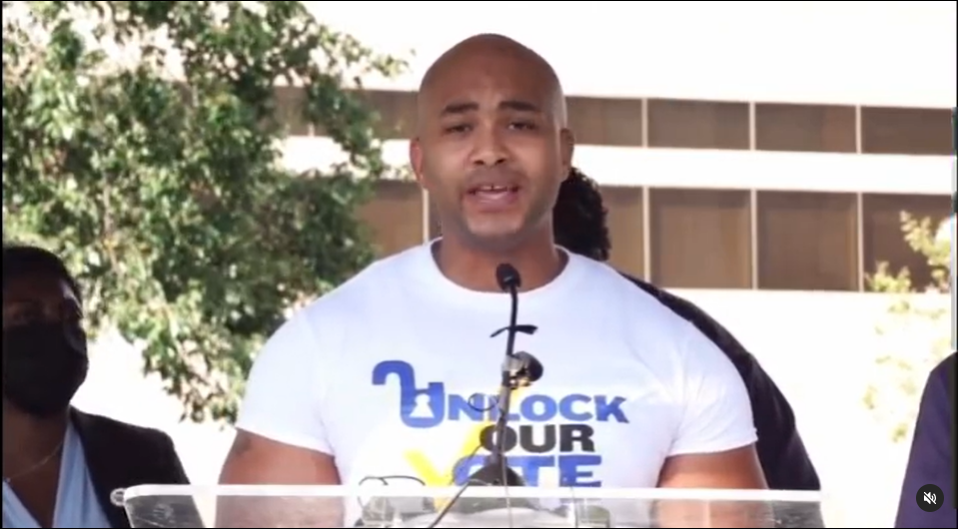
by Elizabeth Simpson | Sep 14, 2022 | Criminal Justice Reform, Emancipate NC News, Mass Incarceration
This week, we drop the first episode of a new podcast addressing issues of racism and mass incarceration, hosted by Cierra Cobb. Black Light Podcast will share stories from inside. Our first guest is Michael Rhines, sharing his experiences living in...

by Elizabeth Simpson | Sep 10, 2022 | Criminal Justice Reform, Emancipate NC News, Mass Incarceration
On September 7, 2022, Ashlee Inscoe underwent an urgent surgical procedure that will protect her physical and mental health and affirm her gender. She has been fighting to have this surgery approved by prison officials for several years. Emancipate NC Strategic...

by Elizabeth Simpson | Sep 6, 2022 | Criminal Justice Reform, Emancipate NC News, Mass Incarceration, Policing, Uncategorized
Durham, NC: The City of Durham is refusing to pay Darryl Howard, a man falsely imprisoned for over two decades by a Durham police officer, the full $6 million compensation awarded to him by a jury when his conviction was finally vacated. This injustice flies in the...

by Elizabeth Simpson | Aug 31, 2022 | Criminal Justice Reform, Emancipate NC News, Mass Incarceration
Team Emancipate is part of a coalition of people and organizations working to register formerly-incarcerated people to vote. A recent court decision restored the franchise to people with felony convictions who are serving probation, parole, or post-release...

by Elizabeth Simpson | Aug 31, 2022 | Criminal Justice Reform, Emancipate NC News, Mass Incarceration
For three years, Emancipate NC has partnered with the NAACP of Wilson County and the Community Alliance for Public Education (CAPE) on a project to reduce child trauma by reducing pretrial incarceration of caregivers in Wilson County, NC. This project is supported by...

by Elizabeth Simpson | Aug 17, 2022 | Criminal Justice Reform, Emancipate NC News, Mass Incarceration
By Kerwin Pittman Effective on July 27th, 2022, North Carolina citizens (Over 56,000 People) on state or federal probation, parole, or post-release supervision for felony convictions can IMMEDIATELY begin to REGISTER and VOTE in NC elections, making this the largest...






